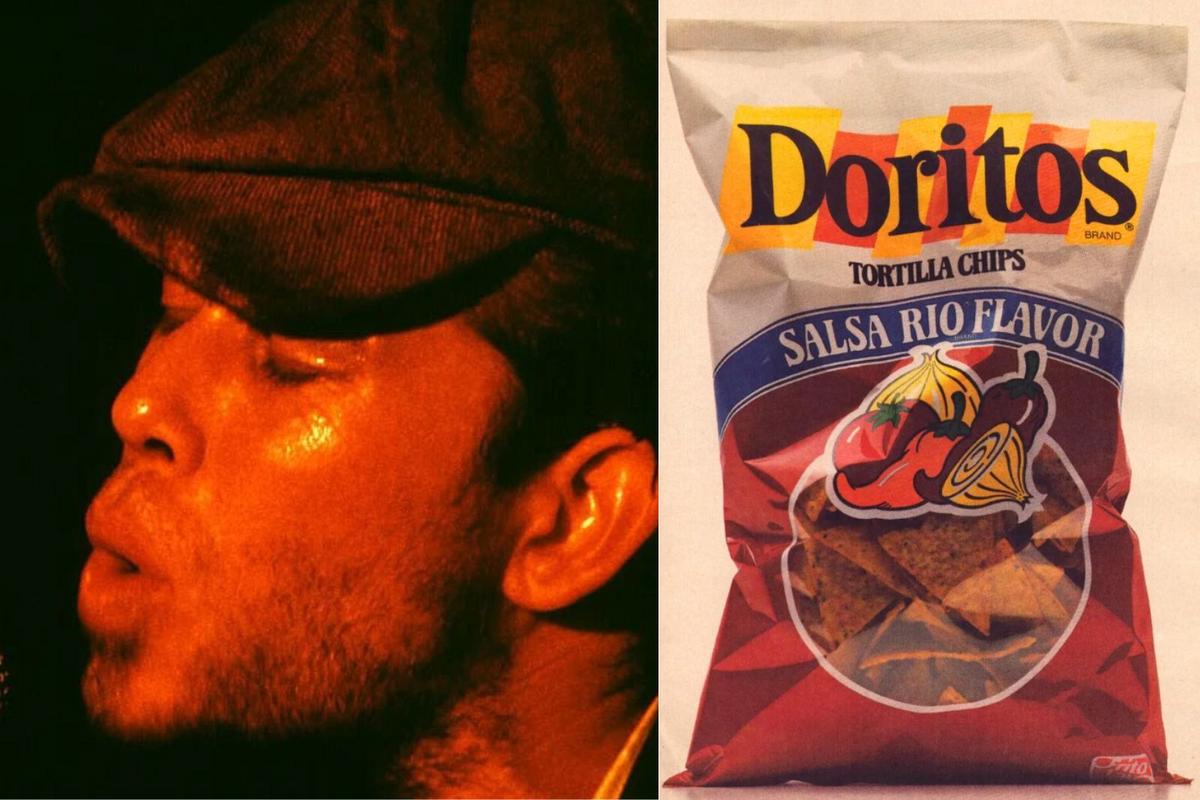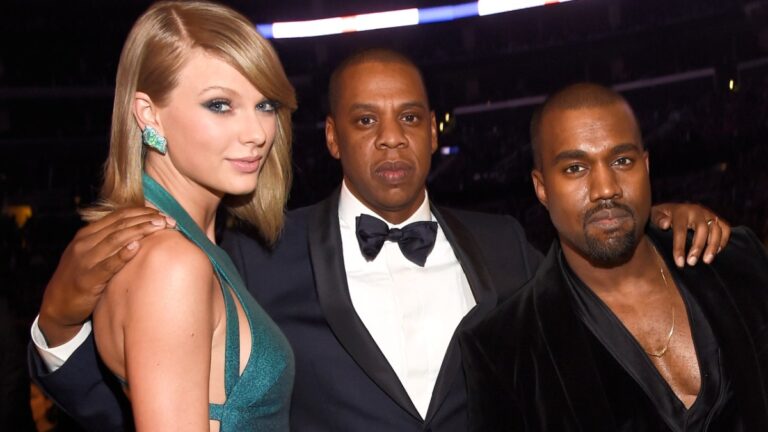Celebrities do deals with companies all the time.
Lemmy did a commercial for KitKat candy bars in 2001, Bob Dylan did one for Victoria’s Secret in 2004, David Bowie did one way back in 1980 for a Japanese liquor brand called Crystal Jun Rock. Famous faces, rock musicians included, can help sell products.
Normally, the brand and the celebrity work together such that both parties are satisfied with the result — contracts are signed, payment is agreed on, etc. Needless to say, problems arise when companies decide to create adverts that don’t properly credit their inspirations and allusions.
READ MORE: How Tom Waits Made ‘Rain Dogs’ Into a Boozy, Ghostly Masterpiece
This happened to Tom Waits in 1990. In 1988, a commercial for a new product made by the Frito-Lay snack food company hit the market. It was for something called Salsa Rio Doritos, a take on their classic corn chip that, as far as we can tell at the time of this writing, are no longer made. (There are Reddit threads calling for their return.) The commercial included music that sounded an awful lot like Waits’ 1976 song “Step Right Up.”
As if that wasn’t enough, Tracy-Locke, the ad agency in charge of making the commercial, also hired a Dallas musician named Stephen Carter to sing in the gravelly style of Waits. Conveniently, Carter had a background in literally performing covers of Waits’ songs, and according to court documents, sounded so much like him that the ad team “did a double take” thinking perhaps Waits himself had slipped into the audition room as some kind of joke.
Listen to Tom Waits’ ‘Step Right Up’
Because of this, David Brenner, Tracy-Locke’s executive producer, became concerned of the possible legal implications, and as a precaution, a separate commercial was made without Carter. These concerns were brought all the way up to Tracy-Locke’s managing vice president, who discussed the matter with an attorney. Ultimately, it was decided that because a singer’s style of music is not protected under copyright law, it was fine to proceed with Carter’s commercial. Frito-Lay approved the ad and it first went live in September of 1988.
Tom Waits’ Reaction
By then, Waits was well-known for refusing to license his music and having an aversion to doing deals with brands. In 1981, he did a commercial with Purina dog food and would later say he regretted it. “I was down on my luck,” he said for Lowside of the Road: A Life of Tom Waits. “And I’ve always liked dogs.”
So when he learned of the Doritos ad, he was appalled and in November of 1988, two months after the ad was first released, he sued Frito-Lay and Tracy-Locke for misappropriation of his voice and false endorsement. (He could not sue for copyright infringement given that he did not own the copyright to “Step Right Up.”) It took over a year for the case to finally get its day in court, where Waits did not hold back in his testimony, calling the ad a “corn chip sermon.”
“It embarrassed me,” he said. “I had to call all my friends, that if they hear this thing, please be informed this is not me. I was on the phone for days. I also had people calling me saying, ‘Gee, Tom, I heard the new Doritos ad.’ …[P]art of my character and personality and image that I have cultivated is that I do not endorse products.”
He did not stop there.
“I get it all the time, and they offer people a whole lot of money. Unfortunately I don’t want to get on the bandwagon. You know, when a guy is singing to me about toilet paper — you may need the money but, I mean, rob a 7/11! Do something with dignity and save us all the trouble of peeing on your grave. I don’t want to rail at length here, but it’s like a fistula for me. If you subscribe to your personal mythology, to the point where you do your own work, and then somebody puts decals over it, it no longer carries the same weight. I have been offered money and all that, and then there’s the people that imitate me too. I really am against people who allow their music to be nothing more than a jingle for jeans or Bud. … The advertisers are banking on your credibility, but the problem is it’s no longer yours. … And it’s funny, but they’re banking on the fact that people won’t really notice. So they should be exposed. They should be fined! [bangs his fist on the table] I hate all of the people that do it! All of you guys! You’re sissies!”
Waits Wins
The defense argued that although they had consciously copied Waits’ artistic style, they did not purposefully try to recreate his voice. But two years prior to this case appearing in court, Bette Midler had sued Ford Motor Company over a series of ’80s commercials that used a Midler impersonator, a case that eventually made history by determining that a famous person’s voice, which is a distinct part of their identity, cannot be imitated for commercial purposes without their lawful consent.
Thus, the jury swung in Waits’ favor, deciding that Frito-Lay and Tracy-Locke had intentionally imitated Waits’ voice. He was awarded approximately $2.5 million in damages in May of 1990 – admittedly a drop in the bucket considering Frito-Lay was then the largest snack food company in the country and making several billion dollars a year.
What About Stephen Carter?
Waits may have been upset by the actions of Frito-Lay and Track-Locke, but he withheld any hard feelings for Carter, who actually served as a witness in the case.
“He felt so bad that he did this,” Waits explained to Vox in 1992. “He knew when he did it he was doing a bad thing. But he vindicated himself by helping us win the case.”
In that same 1992 interview, Waits noted that he had yet to be paid any of the suit money.
“I haven’t seen a dime,” he said. “These things go on forever and forever. Never get involved in litigation. Your hair will fall out, your bones will turn to sand. And it will still be going on. … But when you have to, you have to. If somebody burned your house down, you’d have to do something about it.”
As Waits saw it, the principle of artistic ownership outweighed the stress of the legal battle.
“I have a moral right to my voice. It’s like property — there’s a fence around it, in a way,” he told The New York Times in 2006. “I make a distinction between people who use the voice as a creative item and people who are selling cigarettes and underwear. It’s a big difference. We all know the difference. And it’s stealing. They get a lot out of standing next to me, and I just get big legal bills.”
19 Times Artists Took a Stand Against the Music Industry
This is not a business for the faint of heart.
Gallery Credit: Allison Rapp



